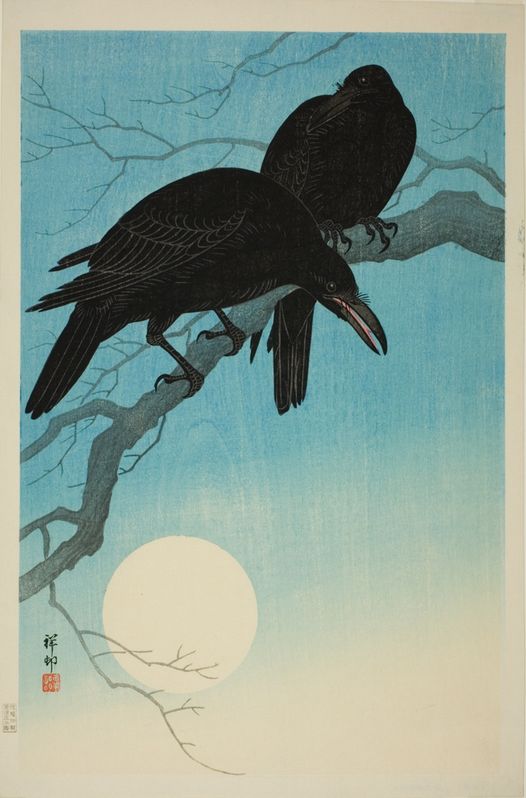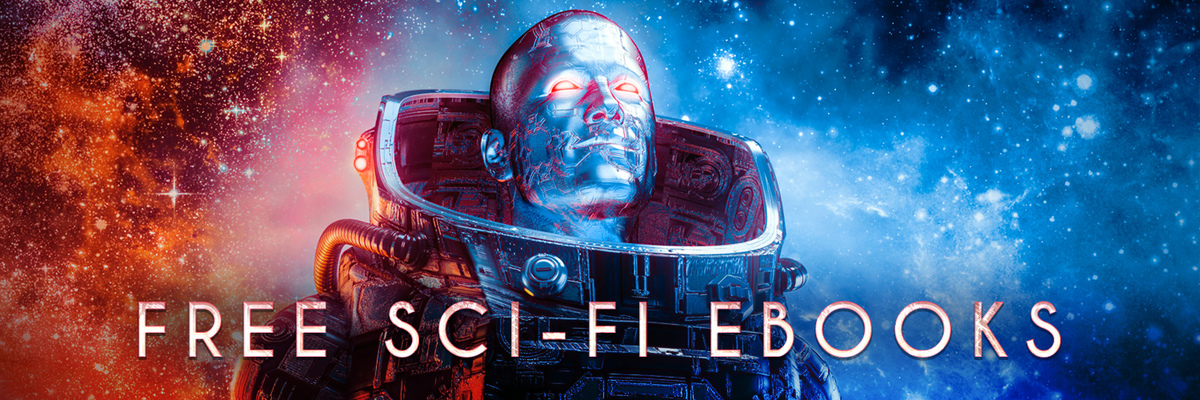It’s Valentine’s Week and I thought to remark on empathy. First, a bit of a definition. Sympathy is when you relate to the emotional states of others. Usually, we sympathize with someone’s pain and suffering. It’s common to express (or invoke) our sympathies when someone is in a hospital or when a person we know had died. There is a whole industry dedicated to sympathy expression — flowers, cards, food, etc. Empathy is different. We might express sympathy for someone accidentally hitting their hand with a hammer, it’s a polite thing to do. But when we empathize with that person, we feel their pain. That’s a whole order of difference in our perception and understanding of the emotional and physical conditions of others. We can express sympathy without feeling any empathy. Thus sympathy is a social, cultural construct. Empathy is a true internal emotion. Empathy is something that takes time to develop. Human babies are not born empathizers. But those who learn empathy, somehow, truly become human then.
For the longest time, scientists didn’t believe that any other animals other than humans were capable of feeling empathy. Of course, anyone who has ever had a pet or observed animal behavior in the wild knows how foolish that is. Animals do feel empathy. It’s one of the reasons we use animals for emotional support. And there are numerous examples of empathy in animals that had been carefully documented (although there are many arguments that reduce to “but is it true empathy?”). There are stories of cross-species adaption — caring and making personal sacrifices for the young of others. There are examples of sharing food and caring for the injured in the wild and in zoos. And there is a ton of data of animals learning through empathy — watching someone else’s pain and learning to avoid circumstances that lead to similar results. In fact, I would even say that empathy is a critical component of learning. We commonly watch and learn from examples — this is how humans and animals pass on critical survival skills. But when we imagine the consequences of success or failure to the degree that we “experience” the joys and the pain of others as if they were our own, then those lessons truly stick. Watching someone hit their hand with a hammer by accident makes most of us nauseous with imagined pain. There is an age before which human babies don’t have that reaction. The point at which they do is a clearly defined developmental milestone. Babies experience empathetic pain as early as six months of age!
I believe that love — be it for a romantic partner, a child, a parent, or a friend (animal or human) — is deeply dependent on the amount of empathy a person can feel. The more empathetic the person, the deeper and stronger they experience the emotional bonds. So the more empathy we learn, the more love we experience in our lifetimes.
Empathy was a big component of a novel Christopher (my husband) and I wrote: “Becoming Animals.” In that story, we explore how animals experience the world through their own unique set of senses and evolutionary histories. Fiction is an empathy-building engine in general. Our story focuses on animal behavior, senses, and cognition to get to the emotional core. For this Valentine’s Day, we included “Becoming Animals” in a science fiction giveaway with other indie authors. Please grab a copy or give a copy. Pick one book or many. Books make the best gifts. Enjoy!



